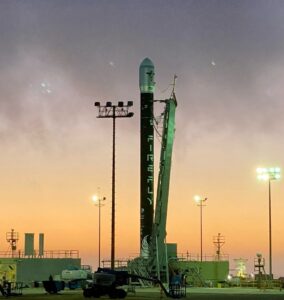Report launch event: North Korea's short range systems
17 January 2023
Virtual
On 17 January 2023, FRS organised a webinar to discuss its recently published report on North Korea’s short range ballistic missiles. The authors of the study presented their main findings and Vann van Diepen assessed the contribution of this report to our understanding of North Korea’s military strategy.
North Korea’s recent flurry of missile tests, in particular of short-range missiles, has put the spotlight on its efforts to develop new capabilities in this range and to replace Soviet-inherited weapons with modern and accurate systems.
In particular, the development of the KN-23, the KN-24 and the KN-25 is bound to be significant in Pyongyang’s capabilities and strategy.
This webinar explored the findings of a new study published by FRS, with a focus on the recently introduced systems. It assessed their potential impact as conventional and non-conventional weapons. Through an analysis of the potential capacities of these systems, the panelists examined their consequences on North Korea’s strategy and explore what it may lead to, in military and political terms, on the Korean peninsula.
MODERATOR:
- Emmanuelle Maitre, Research Fellow, FRS
PANELISTS:
- Stéphane DELORY, Senior Research Fellow, FRS
- Christian MAIRE, Associate Fellow, FRS
- Antoine BONDAZ, Research Fellow, FRS
DISCUSSANT:
- Vann VAN DIEPEN, Independent consultant, former Principal Deputy Assistant Secretary of State for International Security and Nonproliferation at the US State Department



